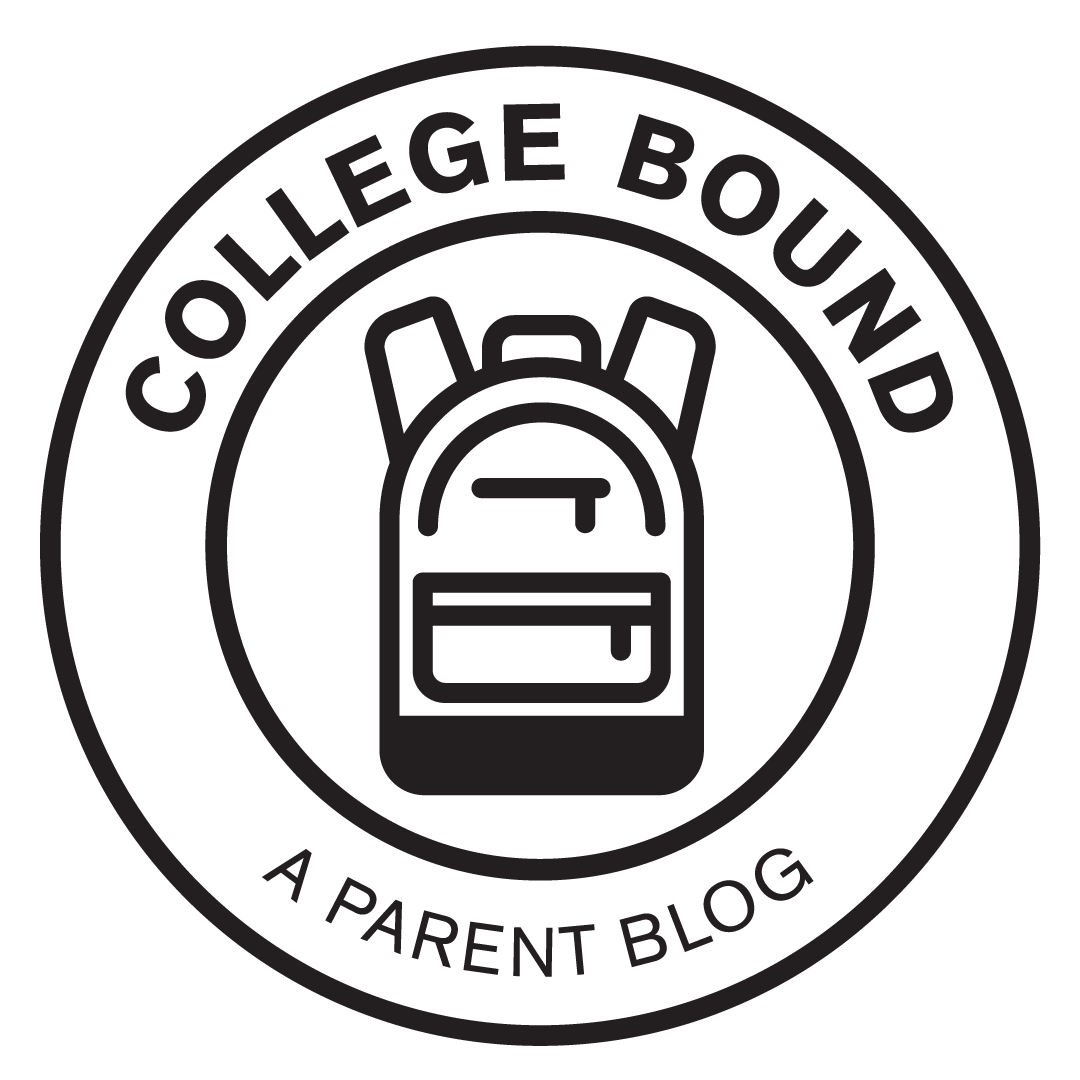Terminology used in college recruitment
1990
Colleges and universities tend to use similar lingo and phrases. What does "invest in your future" actually mean? Executive director of Enrollment Services Communications at Arizona State University, Kevin Kovaleski, explains there are only so many ways to describe an education experience, so schools inevitably start to sound the same.
You'll hear colleges tout their programs and classes as being "hands-on," "project-based" and comparable to the "real world." Just because colleges have some common go-to buzzwords, it doesn't mean all programs are actually the same.
Higher education jargon
There are just so many words to use to describe the university experience.
I think university communicators in general struggle with really telling a family what the experience is like for their students, and we tend to wind up using very, very similar language about very different experiences.
So you're going to hear things like hands-on, project-based, real-world.
What I recommend families look for are specific examples of how students have taken advantage of these quote, unquote buzzwords.
If a school says that their engineering program is a hands-on engineering program, spend time on their website, watch their videos, look for how that “hands-on” phrase is actually being practiced by the faculty and the students.
I don't like when we downplay the college experience as not being real life.
College is the real world.
What colleges are trying to say when they say ‘real-world’ is that most universities offer you work experience, internship experience, other career-focused opportunities to expand your experiences at the university.
You'll hear phrases like ‘investment in your future’.
We believe that the outcomes that you will get upon graduation — good career outlook, the health and wellness benefits individuals receive — these are all ways to say that the university believes that the value that you will get by earning the degree far outweighs the cost over time.
So, some universities might write from the perspective of “us” and “we”. "We do this." "The blank university experience is like this."
Some schools take the approach of saying, "Your student will experience this," or "The experience is up to how you design it."
Schools that write in a way that puts the student in the driver's seat is usually an indication that the student has a bit more control over what their experience is going to be like.
